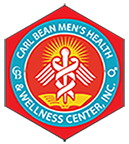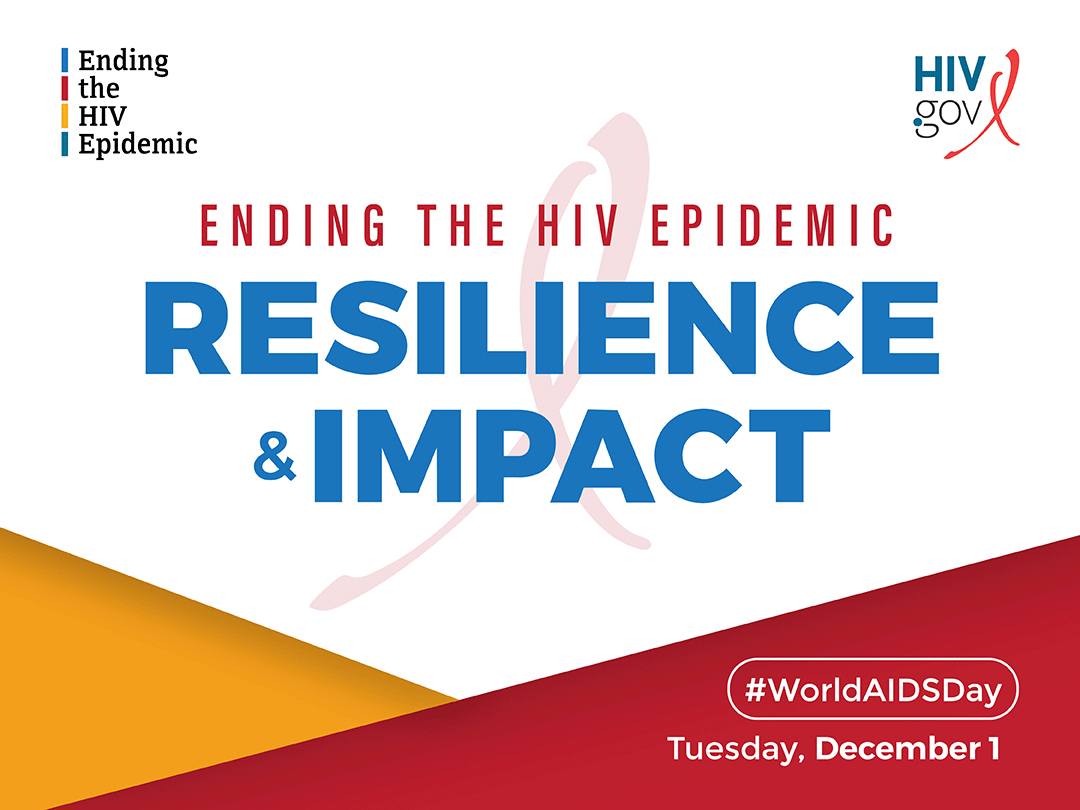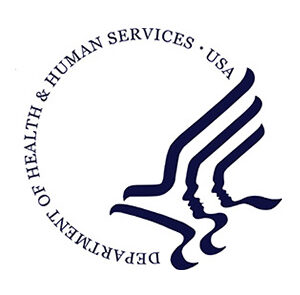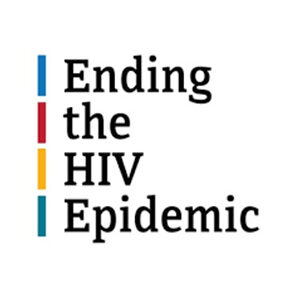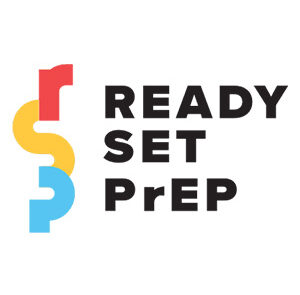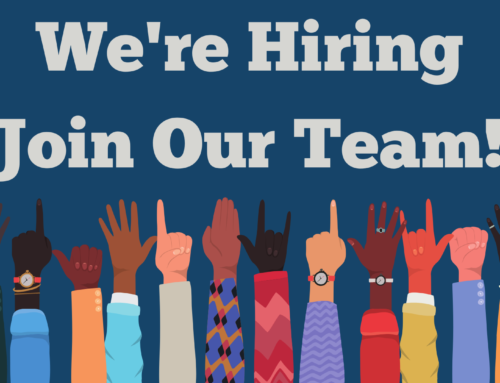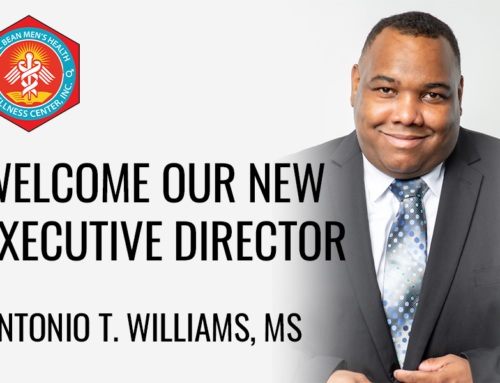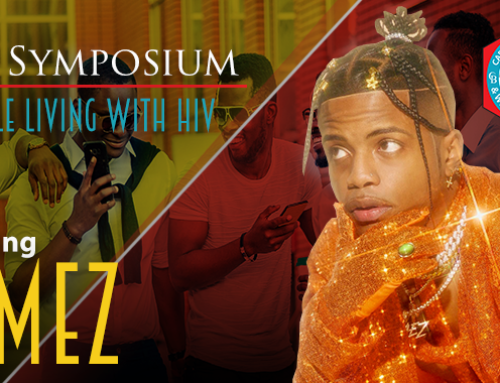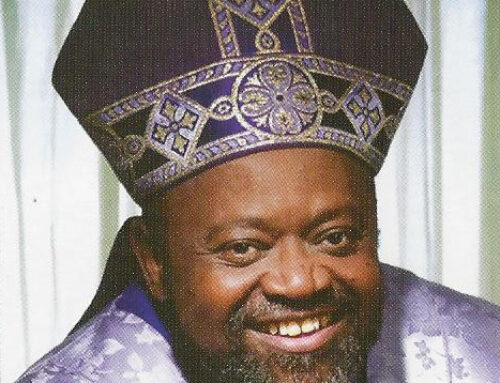HIV continues to be a significant public health issue impacting communities across America.
• More than 1.1 million Americans are currently living with HIV and many more are at risk of HIV transmission.
• While new HIV diagnoses have declined significantly from their peak, progress on further reducing them has stalled with an estimated 40,000 Americans being newly diagnosed each year. Without intervention another 400,000 Americans will be newly diagnosed over 10 years despite the available tools to prevent transmissions.
• About 1 in 7 with HIV are unaware of their diagnosis.
• Black and Hispanic communities make up 69% of all new HIV diagnoses.
• There’s a disproportionately lower percentage of Black and Hispanic men that either are not aware of PrEP, have not discussed PrEP with a health care provider, or have not used PrEP within the past year.
• According to 2017 date, over 1.1 million people could benefit from PrEP use, yet only 100,000 people were actually prescribed PrEP.
• Less than 7% of women who could benefit from PrEP are using it.
• Stigma, fear, discrimination, and homophobia place many people at higher risk for HIV.
• Socioeconomic issues associated with poverty – including limited access to high-quality health care, housing, and HIV prevention education – directly and indirectly increase the risk for HIV and affect the health of people with HIV and at risk for HIV.
